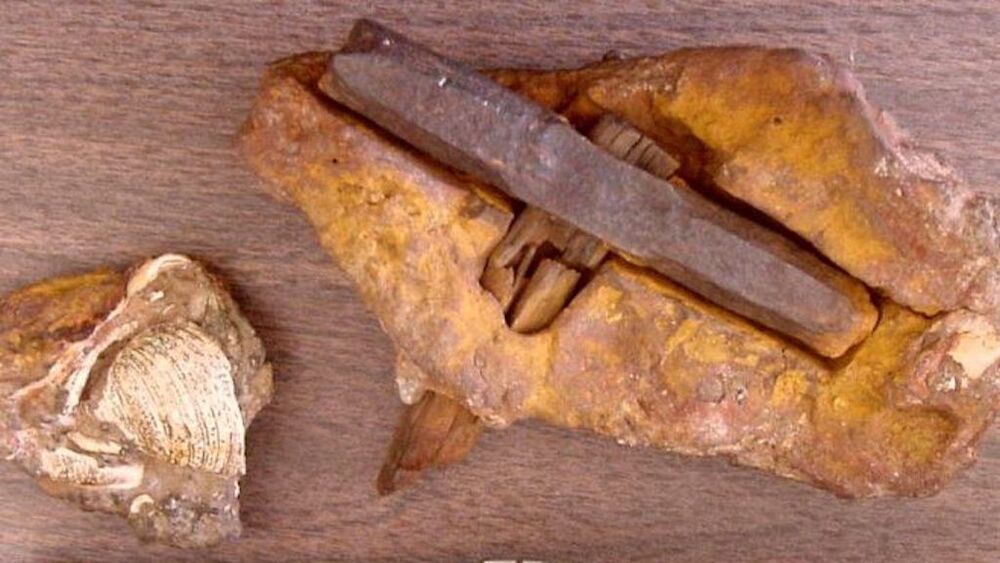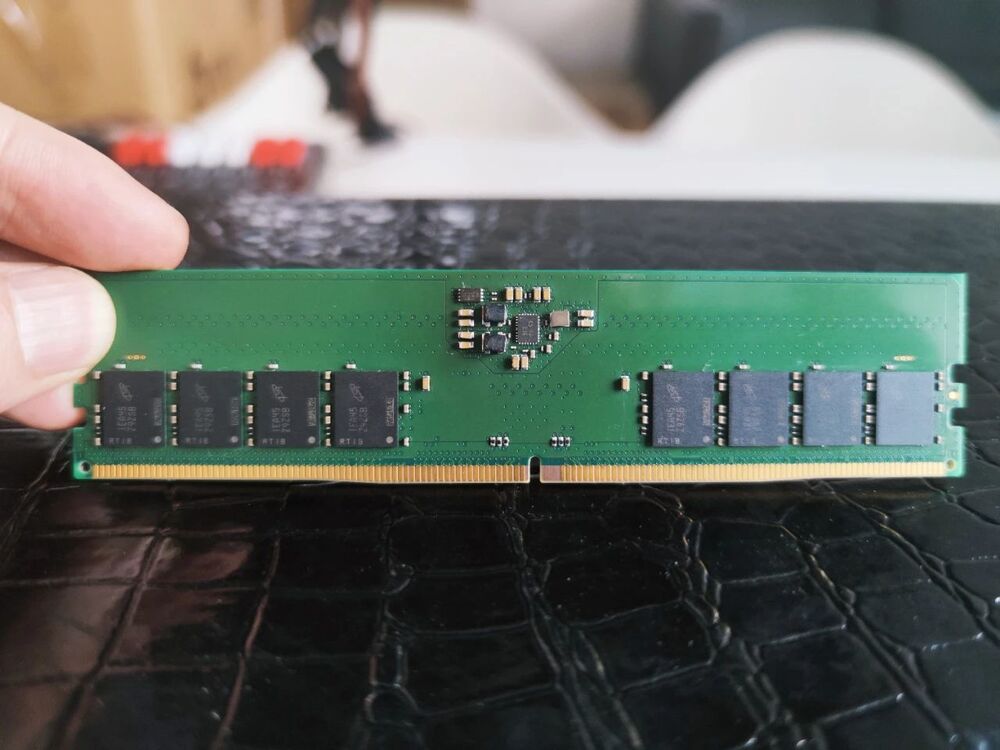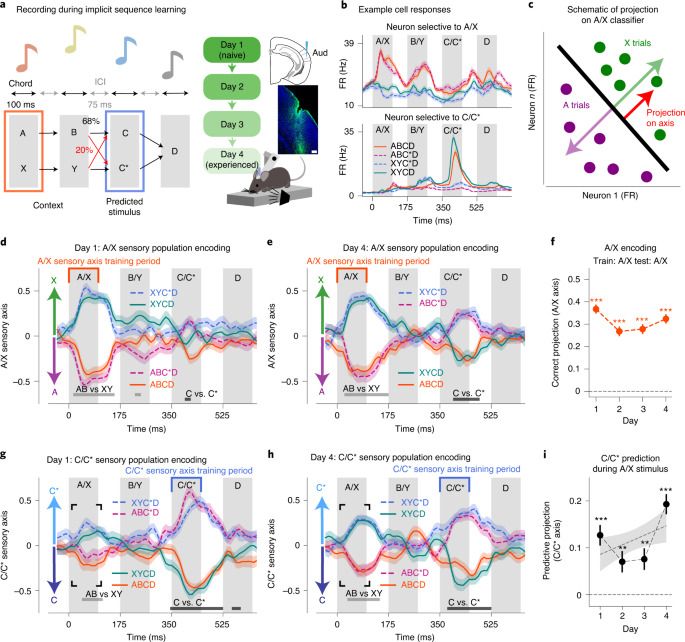Circa 2019
It wasn’t until 1947 that their son broke through the rock and uncovered what was attached to the wooden handle — an iron-headed hammer. For close to four decades, the hammer remained a local oddity and relatively unknown, until it came to the attention of Carl Baugh, a Young Earth creationist after an article was published on the artifact in the Bible-Science Newsletter in 1983. Baugh was influential in a form of creationism which believes that Earth and all its forms of life were created by a deity’s supernatural acts 6000–10000 years ago. He promoted the hammer as proof of an antediluvian discovery, which remains in an exhibit at Baugh’s Creation Evidence Museum in Glen Rose, Texas.
Of equal interest to archaeologists, the London Hammer posed a scientific dilemma. What could possibly explain how a modern instrument was encased in ancient, prehistoric Ordovician rock from between 65–135 million years ago?
There are many who doubt where the hammer was supposedly found; others claim the rock formation is consistent with the minerals and sediments of the surrounding area, putting the claim of the rock dating back to hundreds of millions of years ago in doubt. Others claim that the hammer could have been discarded and the rock formation occurred through the natural process of petrification.









